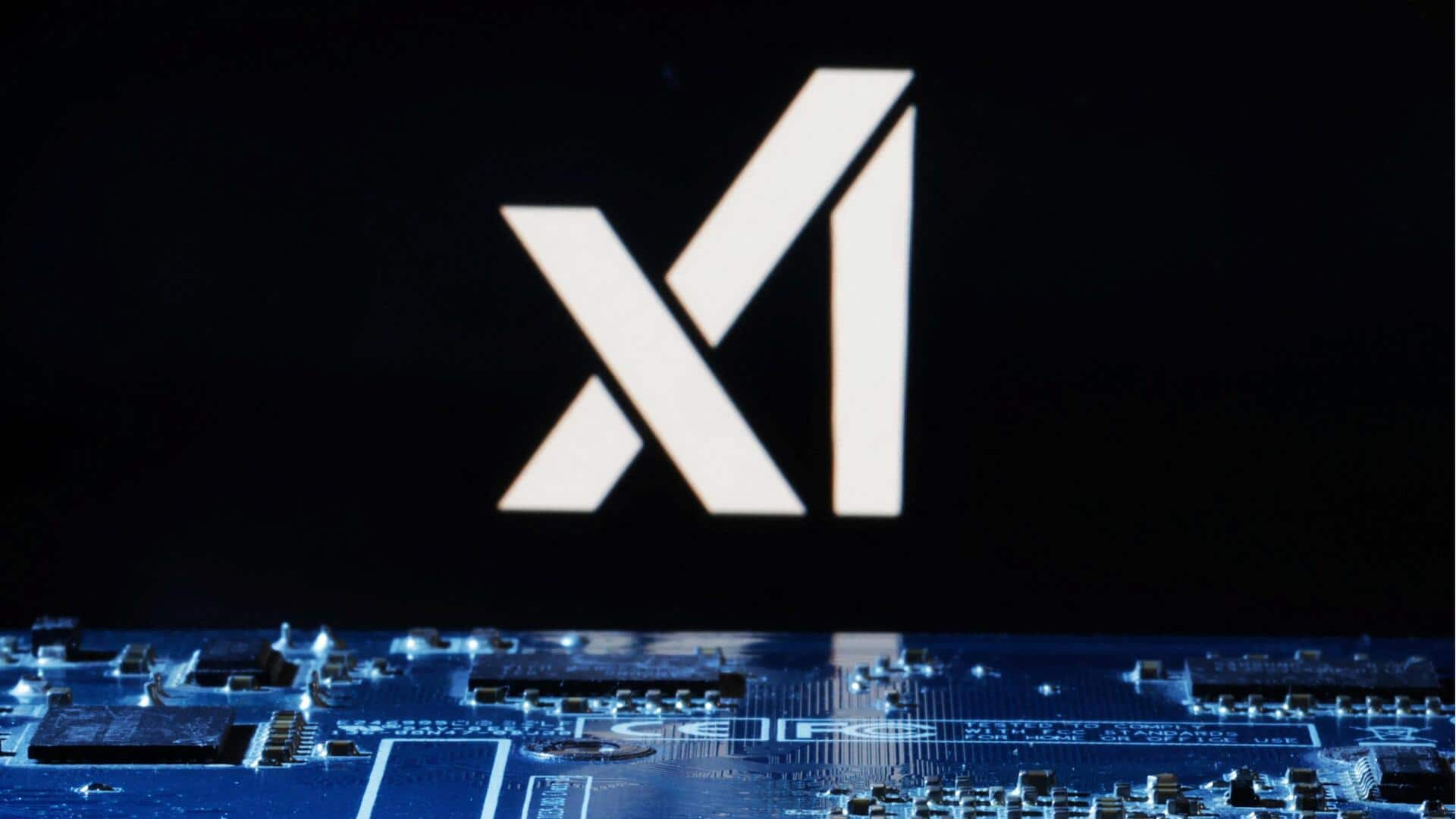
xAI, Elon Musk's AI startup, raises $6 billion in funding
What's the story
Elon Musk's artificial intelligence startup, xAI, has successfully secured $6 billion in a Series B funding round. The announcement was made via a company blog post on Sunday. High-profile investors such as Andreessen Horowitz and Sequoia Capital backed the funding round. Other participants included Valor Equity Partners, Vy Capital, Fidelity Management & Research Company, and Prince Alwaleed Bin Talal and Kingdom Holding. "There will be more to announce in the coming weeks," Musk stated following the funding announcement.
Future plans
Funds to accelerate xAI's product development and infrastructure
The funds raised in this round will be directed toward bringing xAI's first products to market, constructing advanced infrastructure, and accelerating research and development of future technologies. The company has hinted at imminent technology updates and product announcements. The AI industry is witnessing increased competition with numerous investors backing startups aiming to challenge market leaders like OpenAI.
Company valuation
xAI's now valuation stands at $24 billion
With the Series B funding round, xAI's valuation stands at $24 billion. According to Musk, the pre-money valuation of the company was $18 billion. This significant fundraising event comes less than a year after xAI's debut, marking one of the larger investments in the rapidly developing field of artificial intelligence. The startup initially collaborated with Musk-owned social media platform X, contributing to the development of the Grok AI chatbot.
AI advancements
xAI's contributions to AI development and Musk's advocacy
xAI launched Grok-1 on X in November 2023, followed by Grok-1.5 featuring "long context capability" in March this year. The company later released Grok-1.5V with image understanding capacity and an open-source version of Grok-1 aimed at enabling "advancements in various applications, optimizations, and extensions of the model." Musk has been a long-time supporter of AI technology, having previously supported OpenAI but later withdrew advocating for cautious development due to potential risks associated with the technology.